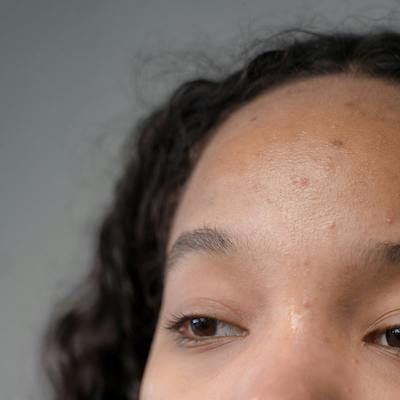Video
Robert Kirsner MD, PhD: Gaps in Knowledge on Wound Care in the Dermatology Field
Author(s):
An interview from SDPA 2022 regarding highlights from Dr. Robert Kirsner’s presentation on dermatologists and wound healing.
In an interview with HCPLive, Robert Kirsner, MD, PhD, highlighted some key takeaways from his presentation at the SDPA 20th Annual Fall Dermatology Conference.
Kirsner is the Chairman and Harvey Blank Professor of the Dr. Phillip Frost Department of Dermatology and Cutaneous Surgery at the University of Miami Miller School of Medicine. He also is the director of the University of Miami Hospital Wound Center and Chief of Dermatology at the University of Miami Hospital.
During this segment of his discussion with HCPLive, Kirsner elucidated some of his thoughts on the lack of training many dermatologists and physician’s assistants receive regarding wound care, despite the topic’s frequent occurrence.
“So dermatologists actually create and treat the most wounds of any specialty every day, we do biopsies, we do surgeries,” Kirsner explained. “And as a consequence, we were often called upon to care for breaks in the skin.”
Kirsner went on to describe the value of wound treatment knowledge among various roles in the dermatology sphere.
“But whether you're a dermatologist who has gone through a formal residency program, or whether you're a physician's assistant, learning in a less homogeneous way, oftentimes, there's very little training about dealing with wounds, especially the more difficult or chronic wounds,” he said. “So I thought this would be a good topic for the conference to talk about how to think about how to approach and how to deal with some of these challenging wounds in an evidence based manner.”
During the interview, Kirsner later went on to also describe gaps in knowledge in the field, as well as examples of such issues.
“So, there are a number of gaps in care,” he explained. “And it's exemplified by, for example, what we call artificial skin or skin substitutes. The correct name is now cell and tissue based products, or CTPs. But there are probably 80, 90 different products out there that someone could use. But there's only a handful that have evidence.”
Kirsner highlighted more information on key gaps in the field of wound care, describing his views on helpful advice for those in the dermatology field.
“Now, it doesn't mean those other ones don't work, because they're on the market,” Kirsner explained. “And maybe the companies didn't spend time and energy and effort to study them and prove they work. But there's a handful that have been shown to be beneficial. And I think that understanding that there could be lots of things they hear about. But if they know…at least the names, or a little bit about the few that have evidence, it puts them in a much, much better place so that at least they know when they're offering someone therapy, what level of evidence is guiding that therapeutic decision. So I think that's very valuable.”
For more on this interview segment, or to learn more about presentations from SDPA 2022, view the interview above.





